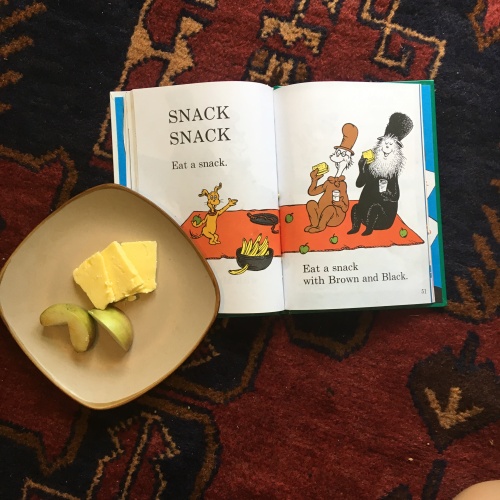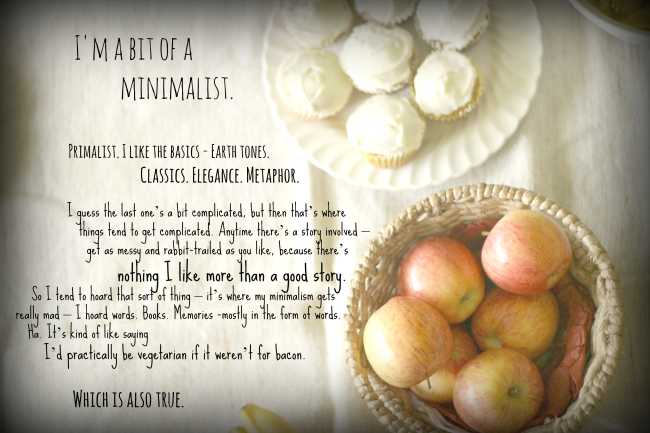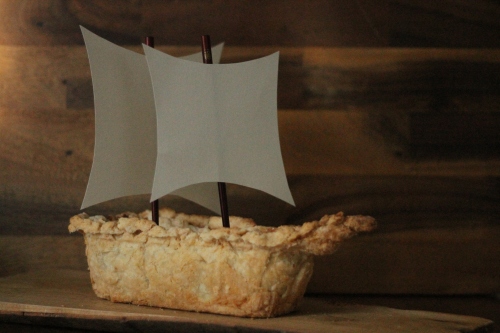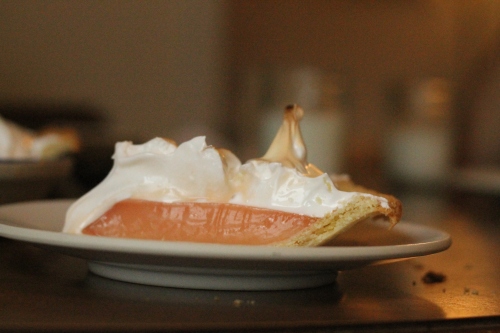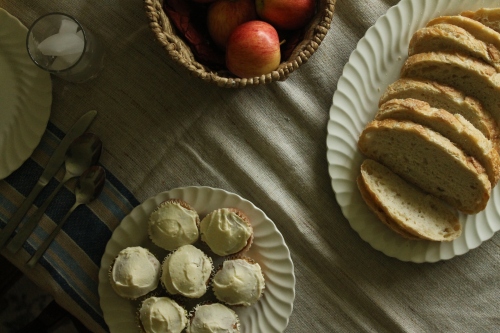C.S. Lewis and J.R.R. Tolkien, both world-renowned authors of some of the most timeless fantasy literature ever written, were good friends with each other. They were both a members of the infamous group of writers and thinkers called The Inklings, and Tolkien even had a hand in Lewis’ conversion to Christianity.
So what would Tolkien’s good buddy think of the latest installment of The Hobbit movie trilogy?

from Tolkienbooks.net
Before I continue, I must first admit my own bias: The Hobbit is my all-time favorite book. I read it first when I was twelve years old and it was the reason I decided I wanted to become a writer. Therefore, I have admittedly high standards for its cinema reproduction.
But I don’t think I’m alone here.
In 1966 C.S. Lewis published an essay entitled, “On Stories.” In the essay, Lewis describes a conversation he had with a friend about a novel by James Fenimore Cooper (author of Last of the Mohicans). His friend was telling Lewis how the suspense and excitement in the stories kept him coming back for more of Cooper’s work. Lewis, however, had a different opinion. Cooper’s stories had a certain flavor, he argued, a certain specificness, which distinguished them from other novels with the same level of adventure, suspense, and action.
He writes, “For I [want] not the momentary suspense but the whole world to which it belonged – the snow and snow-shoes, beavers and canoes, warpaths and wigwams, and Hiawatha names. Thus there must be a pleasure in such stories distinct from mere excitement.” [italics mine]

Tolkien’s illustration of Smaug the dragon
I think Lewis might have said the same about the latest rendition of The Hobbit. The movie’s plotline was majorly adjusted from the book to keep the excitement flowing and the action high, but in the process it left out the specific flavors of the story, becoming merely a flash from one thrilling episode to the next.
I am not a book purist. I am well aware that translating a book into a movie involves a fair amount redefining plot to better fit the screen, and The Desolation of Smaug was excellently filmed and casted. The action certainly kept me interested, yet it failed to do anything but keep me interested. It failed to fascinate, to draw me into its world – the colors and tastes and personalities of Middle Earth as Tolkien first penned them. Which is why I fell in love with The Hobbit in the first place. The film bought too heavily into the idea that viewers want nothing more than action and excitement and in doing so left out the best parts of the story.
“Nearly everyone makes the assumption that ‘excitement’ is the only pleasure they ever give or are intended to give. In some such books, and for some readers, another factor comes in,” continues Lewis in his essay. “…What is said to be the most ‘exciting’ novel in the world, The Three Musketeers, makes no appeal to me at all. The total lack of atmosphere repels me. There is no country in the book – save as a storehouse of inns and ambushes. There is no weather. When they cross to London there is no feeling that London differs from Paris. There is not a moment’s rest from the ‘adventures’: one’s nose is kept ruthlessly to the grindstone. It means nothing to me.
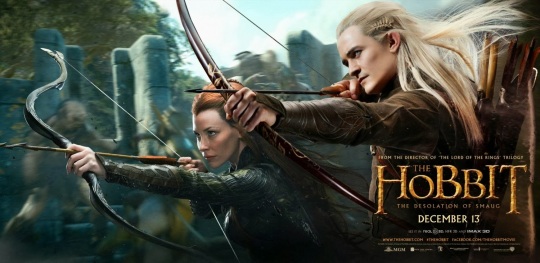
Seriously? The movie is titled “The Hobbit” and the poster depicts two elves? (And I always thought Legolas was overrated…)
“If I am alone in this experience then, to be sure, the present essay is of merely autobiographical interest. But I am pretty sure that I am not absolutely alone. I write on the chance that some others may feel the same and in the hope that I may help them to clarify their own sensations.”
Well, that makes two of us, at least.
PostScript: (In which I make several tangent-y yet important points):
I’ve seen a similar trend in a lot of movies lately. Adaptations of classical mythologies or literature are common, and while I love the idea, I get frustrated when the directors simply use the plot from a classic story as a platform for an action movie.
Please, movie-makers, we have enough mind-numbing scene-strobing action movies. They’re great. We love them. We watch them all the time. But sometimes we want something meatier – and that’s when we turn to the classics. So stop watering down the plot of a rich, timeless story just because you’re too lazy to come up with your own plot. Either faithfully capture the spirit* of the brilliant artists who came before you, or be artists in your own right and come up with your own story.
*Again, I’m not a book purist. You can capture the spirit of a movie without copying it word for word. For instance, I believe the film adaptation of Prince Caspian did a fairly good job of this, though the next installment, Voyage of the Dawn Treader, dissapeared into the black island oblivion of sloppily done and utterly forgettable films.
Another PostScript
For those of you who haven’t read The Hobbit, (or for those of you up in arms that I didn’t like the film) here are a few important bits The Desolation of Smaug left out:
> The dwarves’ unforgettable and hilarious one-by-one entry into Beorn’s house (a trick Gandalf seems to employ often when introducing a dozen dwarves to a jumpy, middle-aged comfort-loving creature.)
> Image-rich scenes in Mirkwood, such as the foreboding Black Hart, Bombour’s near-death in an enchanted stream, and the elves’ midnight lantern-and bonfire-lit revelries deep within the forest –some of the most unforgettable images from the pages of Tolkien’s story.
> The portrayal of the dragon, while visually perfect, left out a key element of Smaug’s personality. he real Smaug had two vices: there was a chink in his gold-armor and he was too easily flattered. Bilbo used the latter to his advantage and Tolkien to ours, creating the most mesmerizing conversation since his famous Gollum escapade. (Think about it – if you were a gold-hoarding dragon, falling prey to flattery could easily be one of your top vices!)
 It’s rare that I run into a niche blog like this one…but when I do, it’s worth sharing! Fiction-Food Cafe is full of recipes from movies, books, and even games…I’m currently drinking a salted butter tea from this post. There’s an archive so you can find recipes from your favorite stories, including A Series of Unfortunate Events, The Chronicles of Narnia, and A Wrinkle in Time, to name a few!
It’s rare that I run into a niche blog like this one…but when I do, it’s worth sharing! Fiction-Food Cafe is full of recipes from movies, books, and even games…I’m currently drinking a salted butter tea from this post. There’s an archive so you can find recipes from your favorite stories, including A Series of Unfortunate Events, The Chronicles of Narnia, and A Wrinkle in Time, to name a few!
